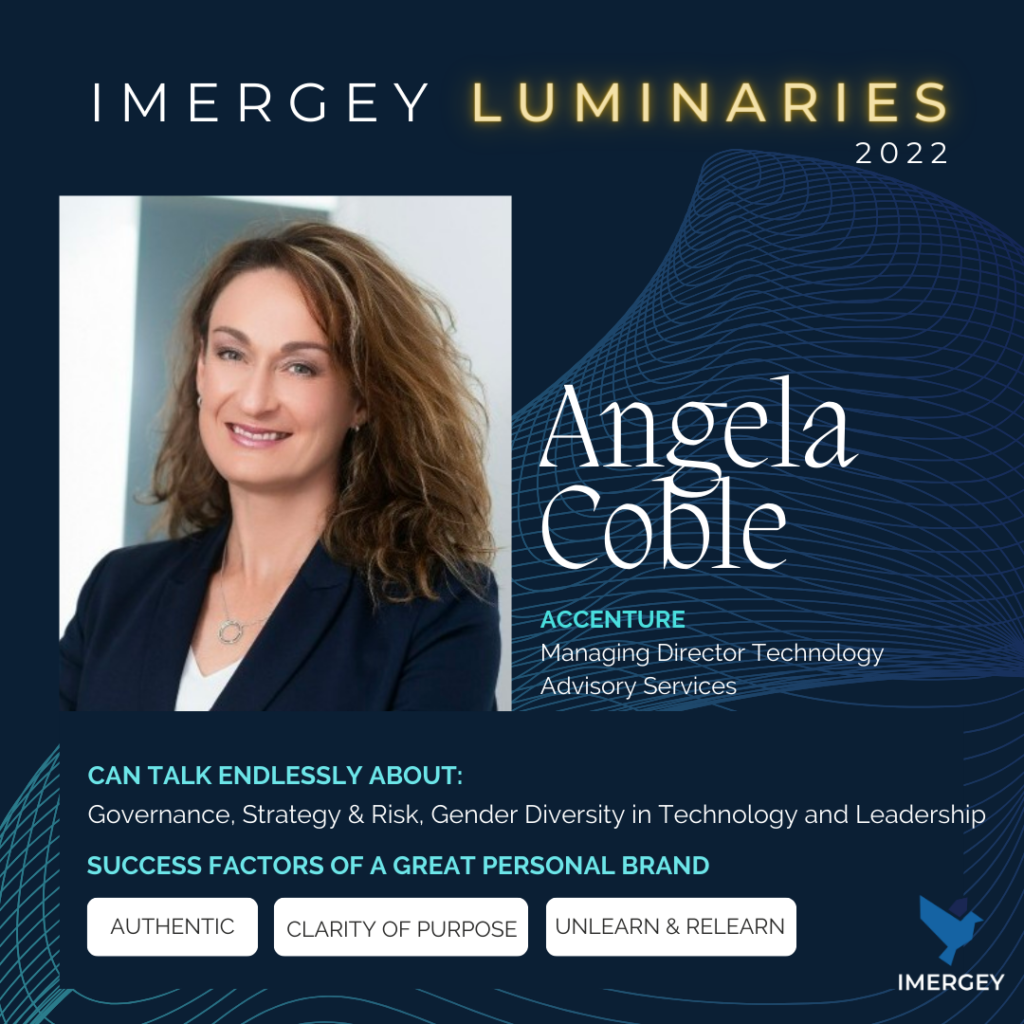
Global Value Quest: Championing the Quest for Value Creation in a Connected World
The Global Value Quest has emerged as a rallying call, uniting visionary leaders, organizations, and communities in their quest to generate meaningful impact on a global scale.
The Global Value Quest champions collaboration as a catalyst for value creation. It acknowledges that no single entity possesses all the necessary knowledge, resources, or capabilities to tackle complex global challenges alone. By forging partnerships and alliances, organizations and individuals can pool their strengths, share expertise, and amplify their impact. Collaborative ecosystems built on trust and shared values enable the co-creation of innovative solutions that address pressing global issues.
By embracing interconnectedness, encouraging collaboration, balancing profit and purpose, valuing cultural diversity, and leveraging technology, we can enter uncharted areas of value creation that positively influence economies, societies, and the planet.
Transparency and Ethical Sourcing
- Transparency: These leaders prioritize transparency throughout the supply chain. They ensure fair labor practices, ethical sourcing of materials, and responsible waste management. This builds trust with consumers and stakeholders.
- Empowering Local Communities: Effective leaders understand that thriving local communities contribute to a resilient global supply chain. They invest in local infrastructure, support social development projects, and empower local businesses to participate in the value creation process.
Benefits of Global Value Creation Leadership
- Enhanced Brand Reputation: Consumers are increasingly drawn to companies that operate ethically and sustainably. This translates to brand loyalty and a competitive advantage.
- Talent Attraction: Employees today value companies with a strong social and environmental conscience. Global value creation leadership fosters a more engaged and motivated workforce.
- Risk Mitigation: Sustainable practices and ethical sourcing minimize risks associated with environmental regulations, labor disruptions, and negative publicity.
- Long-Term Growth: By focusing on shared value, companies contribute to a more stable and sustainable global economy, leading to long-term growth.
Pros
- Fosters positive culture
- Empowers and motivates teams
- Builds trust and collaboration
Cons
- May be challenging to implement in organizations with a traditional leadership structure.
- Requires commitment from leaders
Use Cases

Tim CookCHIeF EXECUTIVE OFFICER AT APPLE
Tim Cook is the CEO of Apple and serves on its board of directors. Before being named CEO in August 2011, Tim was Apple’s chief operating officer and was responsible for all of the company’s worldwide sales and operations, including end-to-end management of Apple’s supply chain, sales activities, and service and support in all markets and countries.

Brian CheskyAirbnb Co-founder and Chief Executive Officer
Brian Chesky is the co-founder and Chief Executive Officer of Airbnb and sets the vision and strategy for the company. In 2007, Brian and Joe Gebbia became Airbnb’s first Hosts. Since then, Brian has overseen Airbnb’s growth to become a community of over 4 million Hosts who have welcomed more than 1.5 billion guests across 220+ countries and regions.

Elon MuskCHIeF EXECUTIVE OFFICER AT TESLA
Elon has also served as Chief Executive Officer, Chief Technology Officer and Chairman of Space Exploration Technologies Corporation, an advanced rocket and spacecraft manufacturing and services company (“SpaceX ”), from July 2006 until its acquisition by us in November 2016 and served as Chief Executive Officer of Twitter, Inc., a social media company, since October 2022.

Hein SchumacherCHIEF EXECUTIVE OFFICER AT unilever
Hein was appointed Chief Executive Officer in July 2023. As CEO of Unilever, Hein is responsible for leading one of the world’s largest and most geographically diverse consumer goods businesses, with presence in 190 countries, serving 3.4 billion people every day.


































































